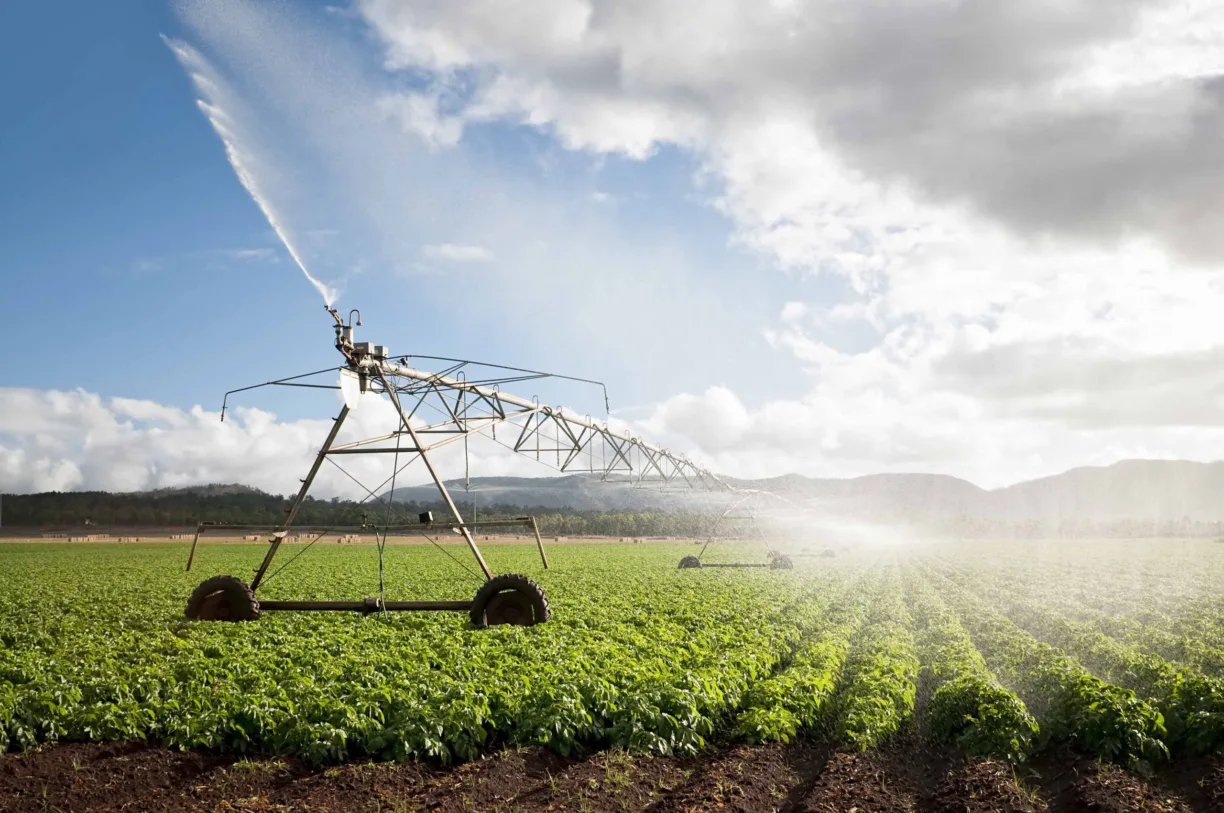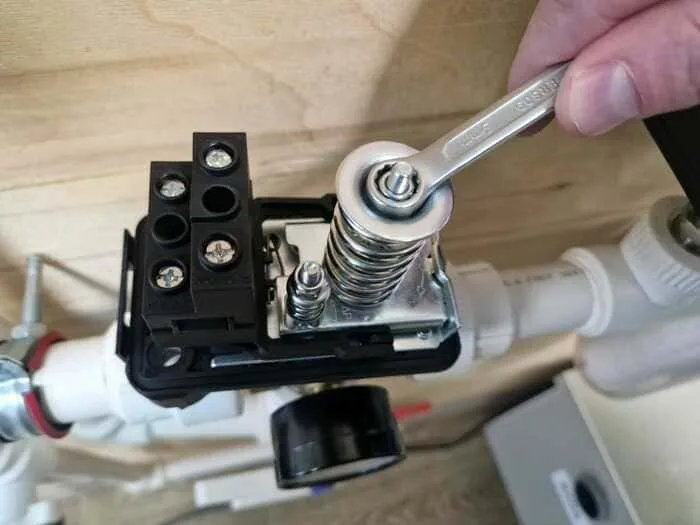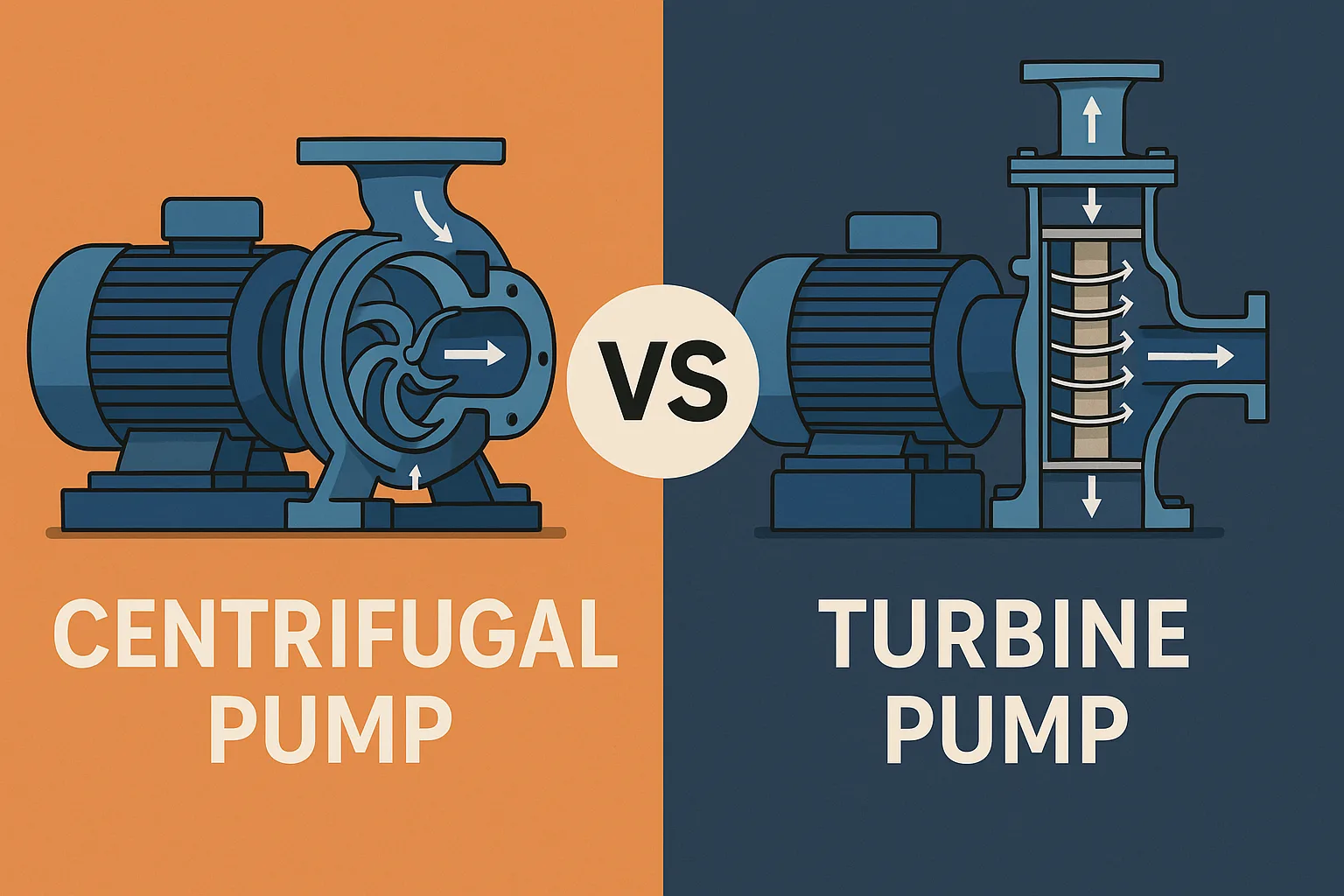Stormwater Pumps Explained: What You Need to Know
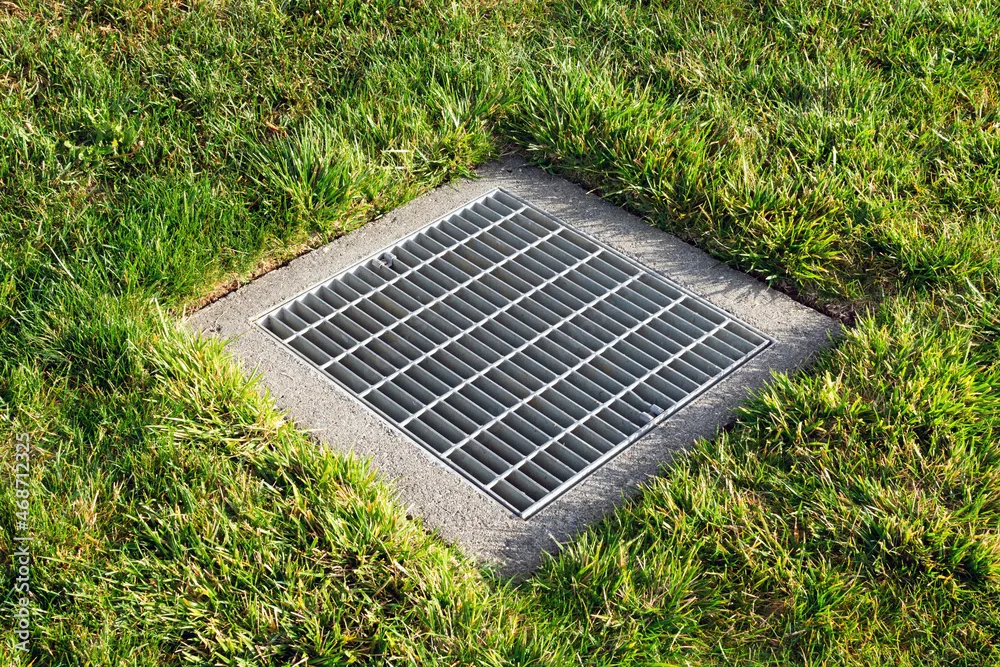
Storm water pumps are critical components in modern drainage systems, designed to manage excess water during heavy rainfall. These pumps help to prevent flooding by efficiently redirecting water from stormwater pits to appropriate drainage systems. A stormwater pit serves as a collection point for rainwater, debris, and silt, ensuring that only water is pumped away. Together, the stormwater pit pump and pump form an effective solution for stormwater management, safeguarding properties from water damage.
Understanding Stormwater Pump Mechanisms
Stormwater pumps rely on a combination of components that work together seamlessly to manage water effectively. Each part of the system plays a specific role in collecting, filtering, and directing water to prevent flooding. Understanding these components is key to ensuring reliable operation.
Components of a Stormwater Pit and Pump System
A typical stormwater pit and pump system includes the following components:
- Pump Unit: The heart of the system, which is responsible for moving water efficiently.
- Stormwater Pit: A reservoir that collects and stores rainwater temporarily.
- Pipes and Connections: Channels that transport water to drainage points.
Each of these parts contributes to the smooth functionality of the system, making it capable of handling large volumes of water during storms.
The Pumping Process
The way stormwater pumps operate involves a systematic approach to managing water. By understanding the process, property owners can ensure their systems are functioning correctly during heavy rainfall.
- Water collects in the storm water drains.
- Sensors or floats detect rising water levels.
- The pump activates, filtering and moving water through connected pipes.
- Water is discharged to designated drainage areas, keeping properties dry.
This automated cycle is critical for maintaining safe water flow and preventing flooding in various settings.

Types of Stormwater Pumps
Stormwater pumps come in different types, each designed to meet specific needs and operating conditions. By choosing the right type of pump, you can ensure optimal water management for your property.
Submersible Stormwater Pumps
Submersible pumps operate underwater, making them ideal for stormwater pits. They are compact, quiet, and highly efficient in moving large volumes of water. These stormwater pumps are best suited for areas prone to frequent flooding, such as basements and underground garages.
Pedestal Stormwater Pumps
Pedestal pumps are mounted above the pit and are easier to access for maintenance. They are durable and well-suited for applications where debris and silt are minimal. These pumps are commonly used in smaller residential systems.
Both submersible and pedestal stormwater pumps offer unique advantages, so understanding your specific needs is crucial when selecting the best option.
Why Stormwater Pumps Are Essential
The benefits of stormwater pit extend far beyond simple water removal. They provide a comprehensive solution for managing water effectively, protecting properties, and reducing the risks associated with excess water.
Preventing Property Damage
Heavy rainfall can lead to flooding and structural damage. Stormwater pumps mitigate these risks by quickly removing excess water.
Improved Drainage Efficiency
They enhance the performance of stormwater systems in both residential and commercial settings.
Environmental Benefits
By controlling water flow, these pumps help reduce erosion and minimize the impact of excessive runoff on local ecosystems.
By investing in a reliable stormwater pump, you ensure not only property safety but also the well-being of the surrounding environment.
What is the Best Pump for Stormwater?
Selecting the best pump for stormwater requires careful consideration of various factors. These considerations ensure that the chosen pump meets the unique needs of your property and weather conditions.
Considerations for Choosing the Best Stormwater Pump
- Property Size: Larger properties may require more powerful stormwater pumps.
- Rainfall Patterns: Consider local climate and rainfall intensity.
- System Requirements: Match the pump type with the pit size and drainage needs.
Comparing different models and their features will help you make an informed decision that provides long-term benefits.
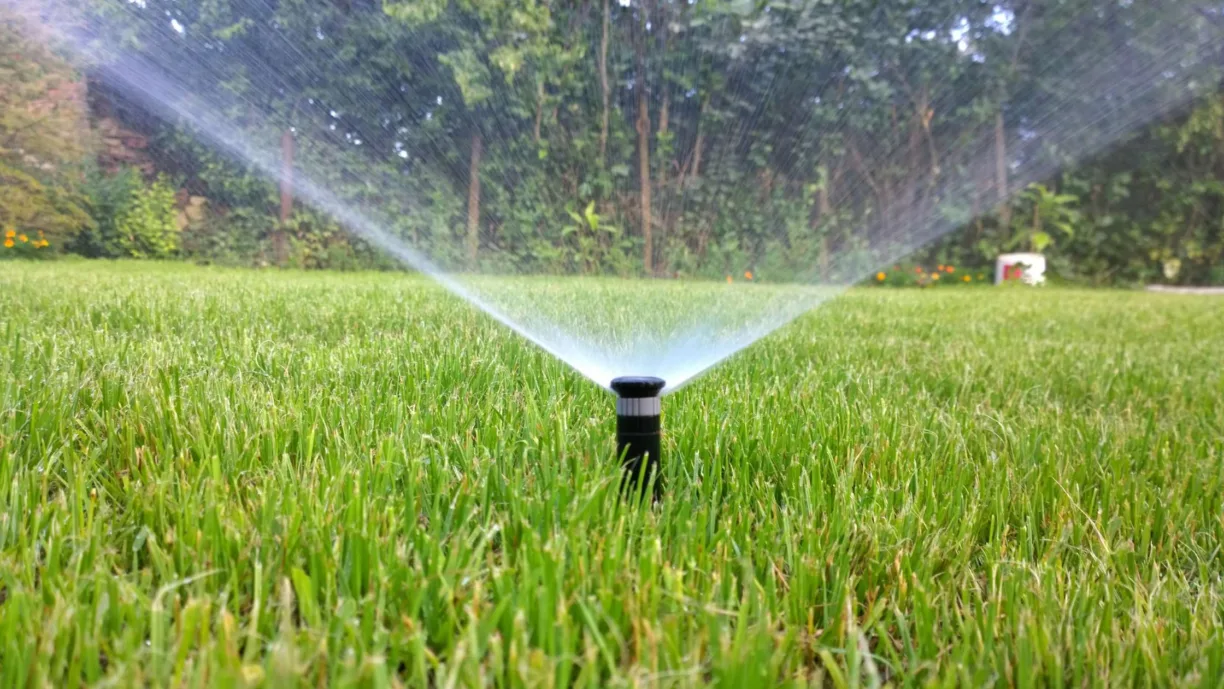
Maintaining Your Stormwater Pump System
Proper maintenance ensures that your stormwater pump system operates efficiently and has a longer lifespan. Regular upkeep can prevent unexpected breakdowns and costly repairs.
Regular Maintenance Tasks
To keep your stormwater pump in top condition, focus on the following tasks:
- Clean the pit and pump regularly to prevent clogs.
- Inspect connections and pipes for leaks or damage.
- Test the pump to ensure reliable activation during heavy rainfall.
By performing these simple tasks, you can maintain your pump’s performance and avoid potential issues.
Common Troubleshooting Tips
Even with proper maintenance, occasional issues can arise. Knowing how to troubleshoot common problems will help you resolve them quickly.
- Pump Failure: Check for power supply issues or debris blocking the pump.
- Unusual Noises: Inspect for loose components or obstructions.
- Reduced Performance: Ensure that filters and sensors are clean and functioning correctly.
By addressing these issues promptly, you can ensure your stormwater pump system remains reliable during critical moments.

Where Are Stormwater Pumps Used?
Stormwater pumps are versatile solutions suitable for a wide range of applications. From residential properties to large industrial sites, these systems play a crucial role in managing excess water.
Residential Applications
Stormwater pumps are invaluable for homeowners facing drainage challenges. They are commonly used in:
- Managing water in driveways and yards.
- Preventing basement flooding during storms.
For residential settings, these pumps ensure comfort and safety by effectively managing water flow.
Commercial and Industrial Applications
In larger-scale settings, stormwater pumps handle significant water volumes, such as:
- Parking lots and roadways.
- Industrial facilities requiring robust drainage solutions.
These pumps provide tailored solutions for various water management needs, ensuring optimal performance in demanding environments.
FAQs About Stormwater Pumps
Answering common questions about stormwater pumps helps readers better understand these systems and make informed decisions.
A stormwater pit with pump, a reservoir for collecting and holding rainwater. It prevents debris and silt from entering the pump, ensuring smooth operation.
While both handle water, stormwater pumps are designed specifically for high volumes and debris-laden water in stormwater systems.
Many stormwater pumps come with filters or grinders to manage debris, but regular maintenance is crucial for optimal performance.
Why Stormwater Pumps Are a Smart Investment
Stormwater pumps are indispensable for protecting properties from water damage, enhancing drainage systems, and minimizing environmental impact. By selecting the right storm water pump and maintaining it properly, homeowners and businesses can ensure long-term stormwater management success.
Explore Streamline Pump Solutions today for expert advice and high-quality stormwater pump systems tailored to your needs.
